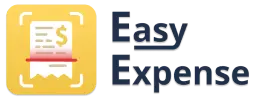
We use cookies to improve your browsing experience and analyze our website traffic. We take privacy very seriously. Learn more

We use cookies to improve your browsing experience and analyze our website traffic. We take privacy very seriously. Learn more